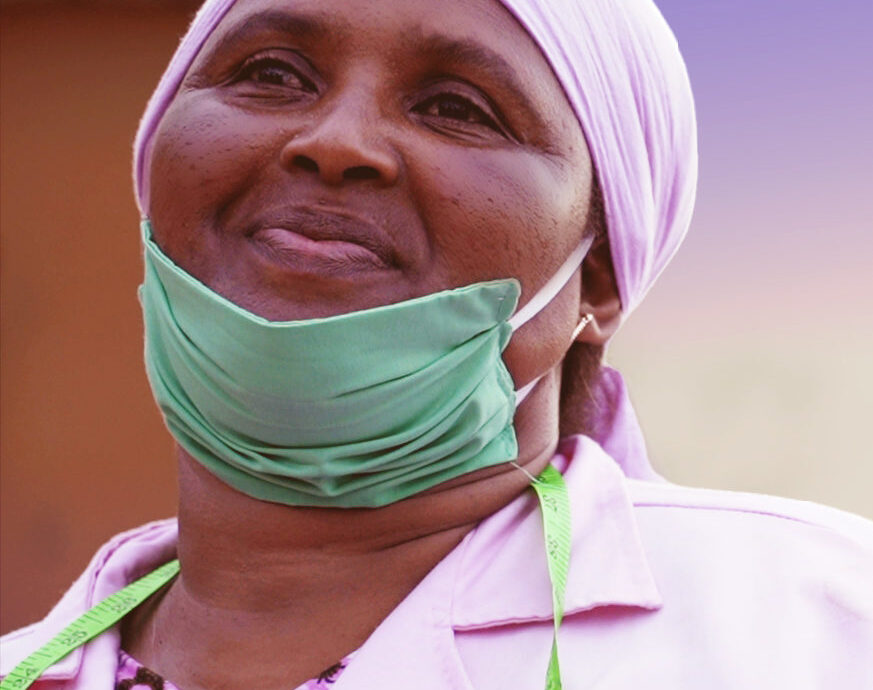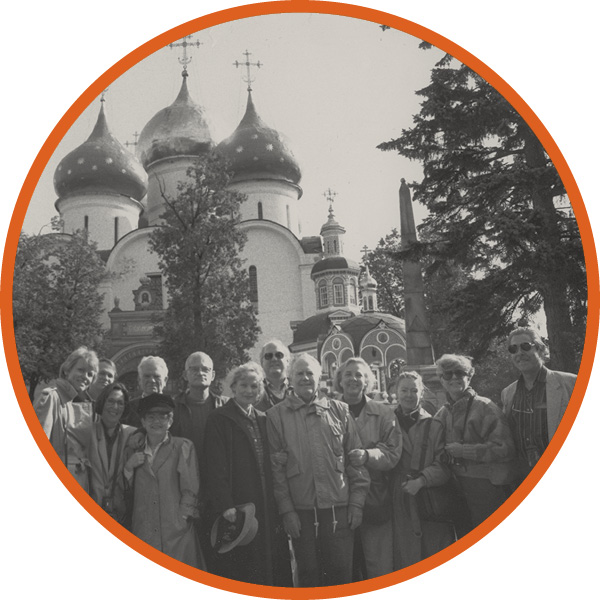Building Leaders in Bangladesh
Umaymong Marma lives in one of the hilliest regions in Bangladesh. During the monsoon season, dirt roads that connect his remote village to larger towns and vital resources are washed away. Days, sometimes weeks, go by before the roads are usable again. Umaymong never imagined he could change all that, until he participated in Counterpart’s Leadership Development Program (LDP).
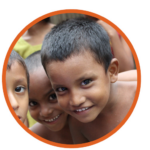 In 2015, LDP helped develop the leadership skills of more than 5,000 people in Bangladesh. In total, the program has supported nearly 14,000 leaders from all over the country. Umaymong was appointed an LDP community leader and took on the challenge of building roads. He submitted an application to the authorities and using his newly acquired advocacy skills, convinced a representative of the regional administration to come to his village to see first hand what they were up against. This visit gave community members unprecedented access to voice their concerns. After the representative’s visit, funding for road construction was approved.
In 2015, LDP helped develop the leadership skills of more than 5,000 people in Bangladesh. In total, the program has supported nearly 14,000 leaders from all over the country. Umaymong was appointed an LDP community leader and took on the challenge of building roads. He submitted an application to the authorities and using his newly acquired advocacy skills, convinced a representative of the regional administration to come to his village to see first hand what they were up against. This visit gave community members unprecedented access to voice their concerns. After the representative’s visit, funding for road construction was approved.
In 2015, a brick road was completed, successfully connecting the people of Umayong’s village to area towns, schools, and other resources. Umaymong didn’t stop there. He also successfully led the effort to get funding for the renovation of a local Buddhist temple. Now confident in his leadership abilities, Umaymong has much more to offer. And Counterpart will continue to inspire and support emerging leaders like him to be solution creators in their communities.
Building Organizations in Guatemala
In Guatemala, indigenous farming communities have little access to resources that can improve their livelihoods. To address this need, in 2015, Counterpart continued to improve the capacity of Rural Development Learning Centers (CADERs) in five departments of the Western Highlands. These rural farmers’ organizations help communities improve sustainable agriculture practices and expand access to markets.
Fabian Perez is a farmer in the village of Aldea Chiaque Malacatancito, in the department of Huehuetenango. He formed a community organization with 27 other men and women farmers. Counterpart provided capacity building training to help them build an effective organization that could seek government funding.
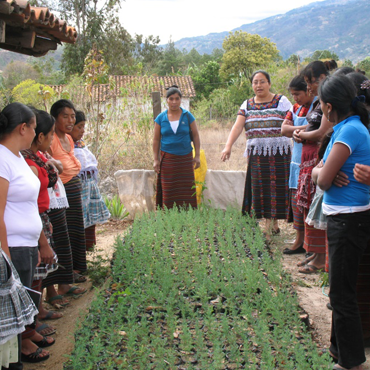
Unified and prepared, the group received funding for their CADER, which includes a demonstration plot to train farmers about agricultural techniques and a community greenhouse. “We are doing this to learn how to make our farms last, so we can have something to leave our children and grandchildren,” says Fabian. Blanca Lopez, another member of the CADER, adds, “If we hadn’t formed a group, no one would have noticed us or given us help.”
The CADER’s greenhouse has produced 5,000 tomato, broccoli and cabbage plants, shared among members. CADERs are now thriving in nine municipalities in Huehuetenango and members’ incomes have increased by 10 percent.
“Because we work together,” Blanca says, “we make our village a little better every day.”
Building Networks in Burkina Faso
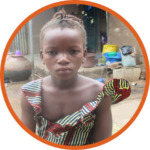
Ten-year old Djamila Sory used to force her body through a tiny hole into the dark tunnels of a gold mine in Burkina Faso. Staying in school was not an option. Then Djamila received assistance from Counterpart’s Reducing Child Labor through Education and Services Program (RCLES).
Now Djamila will tell you, “I am so happy. I received a school kit and assistance with my classes. It’s helped me improve.”
More than 7,000 children like Djamila have been rescued from mining work in Burkina Faso, or stopped before they started. Counterpart helped organize Social Protection Networks in three regions, comprised of teachers and school staff, representatives from local government ministries, community leaders and other volunteers. Members identify at-risk children to help keep them from the mines and ensure children pulled out of working in the mines don’t go back. In 2015, the beta phase of the Child Labor Monitoring System (CLMS) was launched. This first-of-its kind system in Burkina Faso helps people report child labor to local authorities. It will expand the role of community networks in protecting more children.
Counterpart engaged the local government in building awareness about the dangerous working conditions for children. A government decree now calls attention to the worst forms of child labor. The government is also interested in implementing the CLMS in other regions of the country. And the Social Protection Networks continue to ensure children can be children — learning and playing in school.
Want to Learn More?
Read more from our 2015 Annual Report or explore other stories about people creating lasting change and building better lives around the world.
[button link=”/stories” color=”orange” size=”large” type=”” shape=”” target=”_self” title=”Check out more stories” gradient_colors=”|” gradient_hover_colors=”|” accent_color=”” accent_hover_color=”” bevel_color=”” border_width=”1px” icon=”” icon_position=”left” icon_divider=”no” modal=”” animation_type=”0″ animation_direction=”left” animation_speed=”1″ alignment=”center” class=”” id=””]EXPLORE MORE STORIES[/button]



